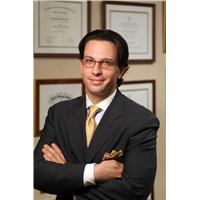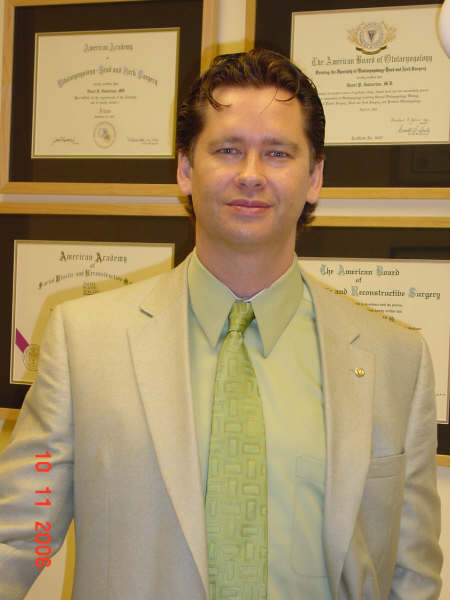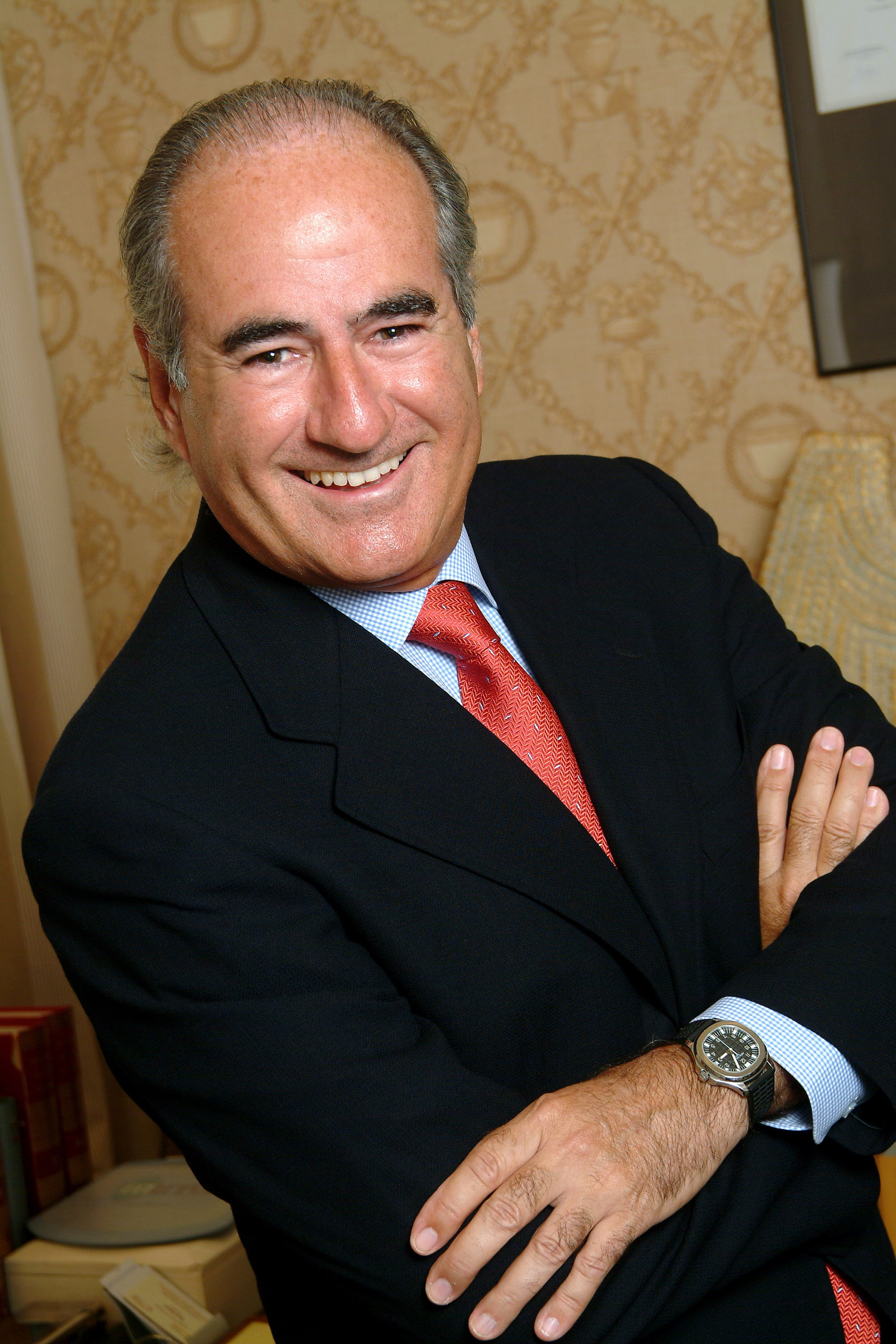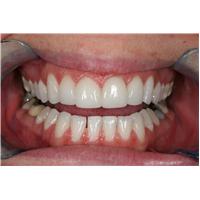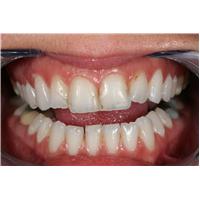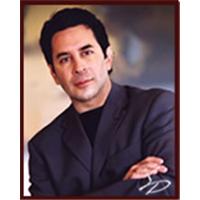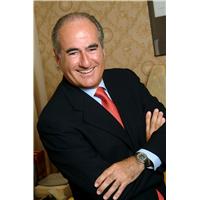Costas Papageorgiou has recently set up a facial cosmetic surgery practice in London after a move from Beverly Hills.
In this interview he answers Elixir’s questions on his personal philosophy and ethic around cosmetic surgery:
What are your professional qualifications?
I am a UCLA trained Oculofacial Plastic Surgeon specialising in minimally invasive surgical techniques and facial aesthetics.
What is your personal belief (ethic) around cosmetic surgery?
Over the last decade the increasing social acceptance of facial cosmetic surgery has nurtured an unregulated market, where patients are targeted by aggressive business models and questionable approaches. I encourage patients to do extensive research prior to treatment or surgery and I work with each patient to improve and enhance so that changes are subtle rather than dramatic. Don’t forget our face is our identity and our personality which is why it is so special.
At what age do you think men/women should first consider facial surgery?
Changes start to occur in the mid-30s and I believe this is the appropriate age for patients to start adopting minimally invasive interventions to delay the impact of aging in a subtle fashion. I believe in gradual interventions/treatments. Of course genetics have a critical role in our appearance but nowadays we have the ability to enhance our facial features and counteract aging by fusing surgery with technology.
What is the youngest age you would operate facially on someone and why?
I prefer to look at the clinical indication related to each patient. We have to acknowledge that we live in a society obsessed with perfection and beauty and this can certainly push boundaries, but there are situations where facial features and noticeable asymmetries can have a significant impact on the psychology of younger patients. It is best to address these features at an earlier stage before they start affecting their self-confidence and esteem.
The decision has to be balanced and take into consideration several factors related to each patient. Age is definitely not a limit or a risk. The risk relates to who is performing the treatment and based on what criteria.
What is your signature procedure?
Although patients and media love to talk about trends and signature treatments in the cosmetic surgery industry, the truth is there is no singular treatment that can address all the multi-layered changes affecting our face. However, if I have to choose, I favour my eyelid lift which enhances the lost volume in the eye area, combined with a short incision facelift for a naturally rejuvenated face.
If someone does decide they would like to start tweaking – what are the steps and what aesthetics and surgery would you recommend?
Technological innovations and our advanced understanding of facial aging have advanced our ability to counteract aging. I think hyaluronic acid fillers combined with energy based devices like Ultherapy and Silhouette Soft threads are a “soft” way to start enhancing facial features.
In Los Angeles, Hyalu-blepharoplasty is a celebrity favourite of rejuvenating the eyelids by replacing volume and smoothing hollow contours and dark circles without having to rely on surgical blepharoplasty.
What is your best advice in maintaining a youthful face?
Research, patient education, prevention and gradual approaches are my philosophy. Of course genetics have a critical role in our appearance but we have the ability to enhance our facial features and counteract aging by choosing a healthy lifestyle, avoiding sun exposure and above all adopting aesthetic interventions that enhance rather than transform.
Costas Papageorgiou can be contacted here:London Medical
49 Marylebone High Street
London W1
Email md@facialplasticslondon.com
www.facialplasticslondon.com


![Dr Jacono Book Cover [640x480].jpg](https://www.elixirnews.com/images/entries/Dr%20Jacono%20Book%20Cover%20%5B640x480%5D.jpg) This is an easy to read and clear book designed to demystify and define the latest surgical and non-surgical cosmetic facial treatments for ageing. It is written by a top New York surgeon, Dr Andrew Jacono – so you can be sure he knows what he is talking about with great accuracy.
This is an easy to read and clear book designed to demystify and define the latest surgical and non-surgical cosmetic facial treatments for ageing. It is written by a top New York surgeon, Dr Andrew Jacono – so you can be sure he knows what he is talking about with great accuracy.